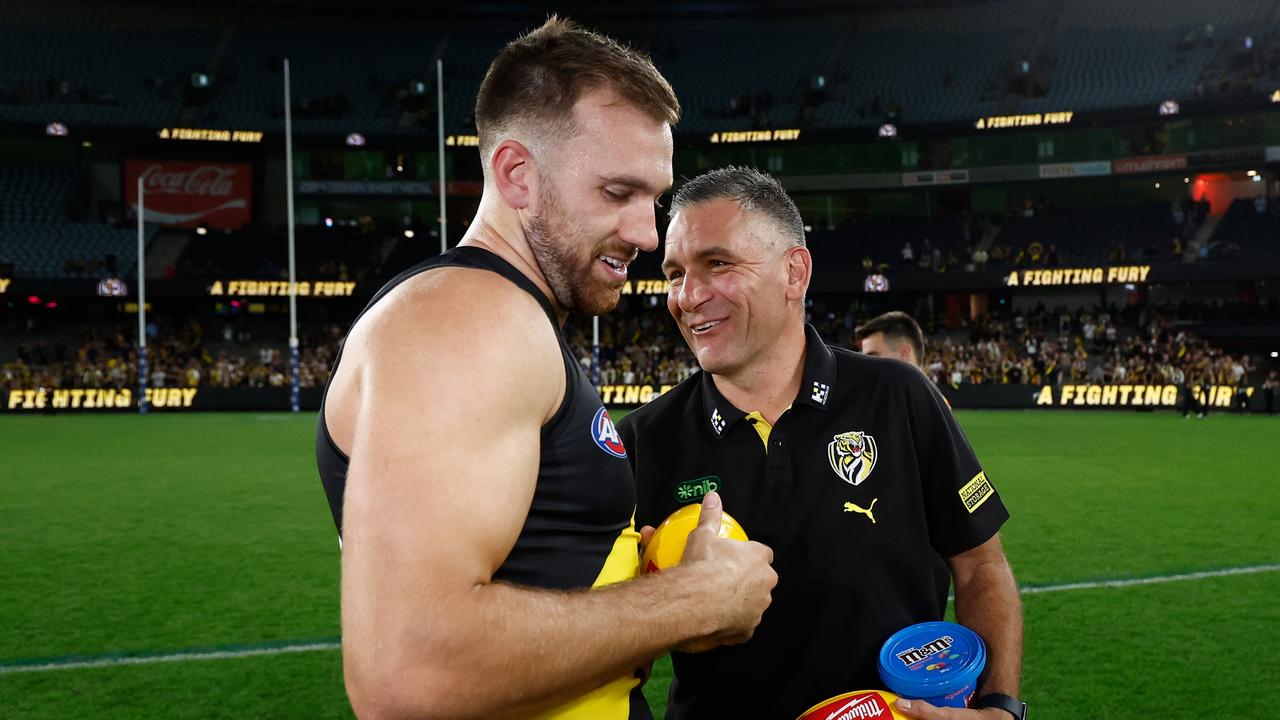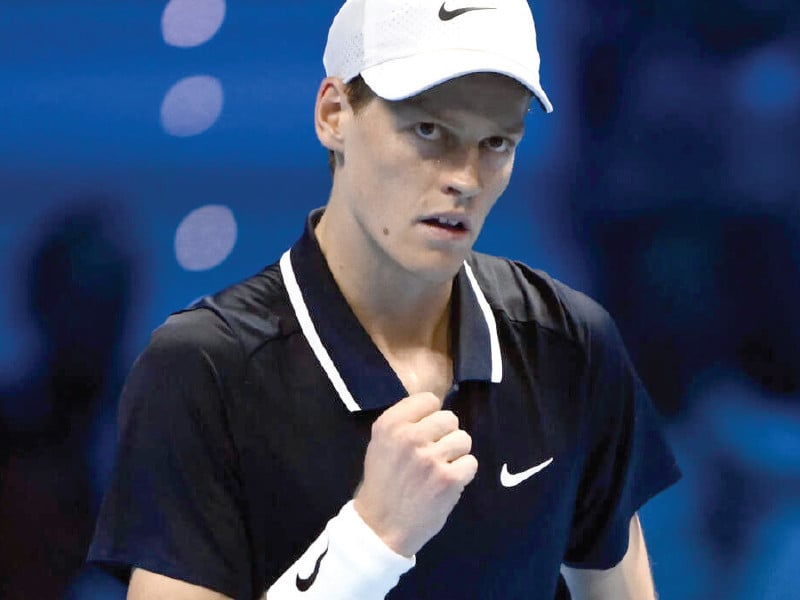Positive team culture rests on respect and equality

BCCI’s ‘guidelines’ on player conduct during tours is not a polite suggestion but a sharp warning. In one bold stroke, it has downsized the inflated egos of top stars. The BCCI, last week, unveiled a 10-point policy to promote “discipline and unity” after the series loss against Australia (AFP)The tough stand was needed because in a team sport, individuals have to be equal and the group must play by certain ground rules. More so during overseas tours when players are together for an extended period and the last thing you want is class distinctions to emerge that disrupt harmony.On tours, players’ conduct becomes more important because they represent the BCCI, also India. They are India’s sporting ambassadors - no wonder the Aussie PM invited them to his official residence for a reception.Protocols governing player behaviour and team conduct are not new, informal guidelines have always been in place. Mostly they are, in true Indian tradition, unwritten and verbal but ‘team culture’ is subtly handed down from seniors to juniors . There is a ‘to do’ list , and another that identifies acts that raise red flags.During my first tour as Manager of Team India in 1992. I realised the Manager had his hands full with administrative duties. He had to sort out travel/ hotel/ transport/ food/ finances / conduct team meetings, organise practice and deal with the media. I even helped out with fielding drills because the touring group was just 17; nowadays the large support staff army handles most of these functions.Fortunately, the team itself was largely self regulated - it functioned according to its code and ‘discipline’ rules which could not be compromised.One non negotiable guiding principle was respect. In the dressing room, players waited till seniors Azhar, Kapil paaji, Ravi Shastri picked their spots before settling down with their kitbags. On later tours, I noticed SRT (Sachin Tendulkar) would occupy 1A in the aircraft and sit on the left front row in the team bus. Captain Ganguly, Dravid, VVS and Kumble had ‘reserved’ seats while the rest took whatever was free.Players respected each other, and punctuality for team meetings, practise sessions, official functions and social events was a big thing. Being late invited not just cold disapproving glares but stiff monetary fines. Any violation of team protocol and dress code ( wearing the wrong shoes or shirt) attracted penal action. The team even had its own (occasionally unpopular) ED tasked to collect fines!The players respected authority and understood the Manager was the boss, leader of the delegation , the first in protocol- ahead of captain and coach. The Manager decided which functions to attend and specified the dress code- blazer / tie for formal functions , smart casuals for other occasions. It was the Manager’s job to speak at official functions on behalf of the team, the captain sharing this responsibility some times .To ensure a positive team culture it is critical that players are treated on par. It’s for this reason the player match fee and daily allowance is equal and they enjoy similar travel, hotel room, transport, match ticket privileges . The BCCI gives each player the same suitcase, carry bag, kitbag and travel/ practise / match clothing .To build a sense of togetherness the Manager organises team dinners where everybody (players/ support staff / visiting family / even the bus driver and the local LO ) eats together. A set menu is ordered in advance at a restaurant and I remember using SRT’s credit card to settle the bill, later split equally among everyone .It is customary for players’ wives, partners and immediate family to travel on the team bus for official functions and social events. But never for practice sessions or on match days .The team is a closed unit which exists in a bubble and is out of bounds for others. The team room in the hotel is their space to chill and bond and to play TT and pool. The dressing room is more private, restricted only to players. And with the Anti Corruption Code regulations, it is security sealed and has a ‘no telephone, no visitor’ policy.Media reports from Australia indicated many instances when players went in different directions instead of sticking together. Reporting for practise separately in private cars instead of the team bus, staying in a hotel of choice, instead of the BCCI hotel, and the presence of cooks, managers and others around the group is unheard of and unthinkable.In the past, India’s greats have happily upheld the team’s informal guidelines and respected its culture. Perhaps the IPL’s cricket royalty, conditioned to a different operating system, considers them a burden.The BCCI has stepped in like an alert traffic cop to enforce speed limits that existed but were casually flouted. By doing so it has reasserted its authority and recovered territory illegally encroached by trespassers. The BCCI, rightly, is the boss - it runs the team, not the other way round.




.jpg)







